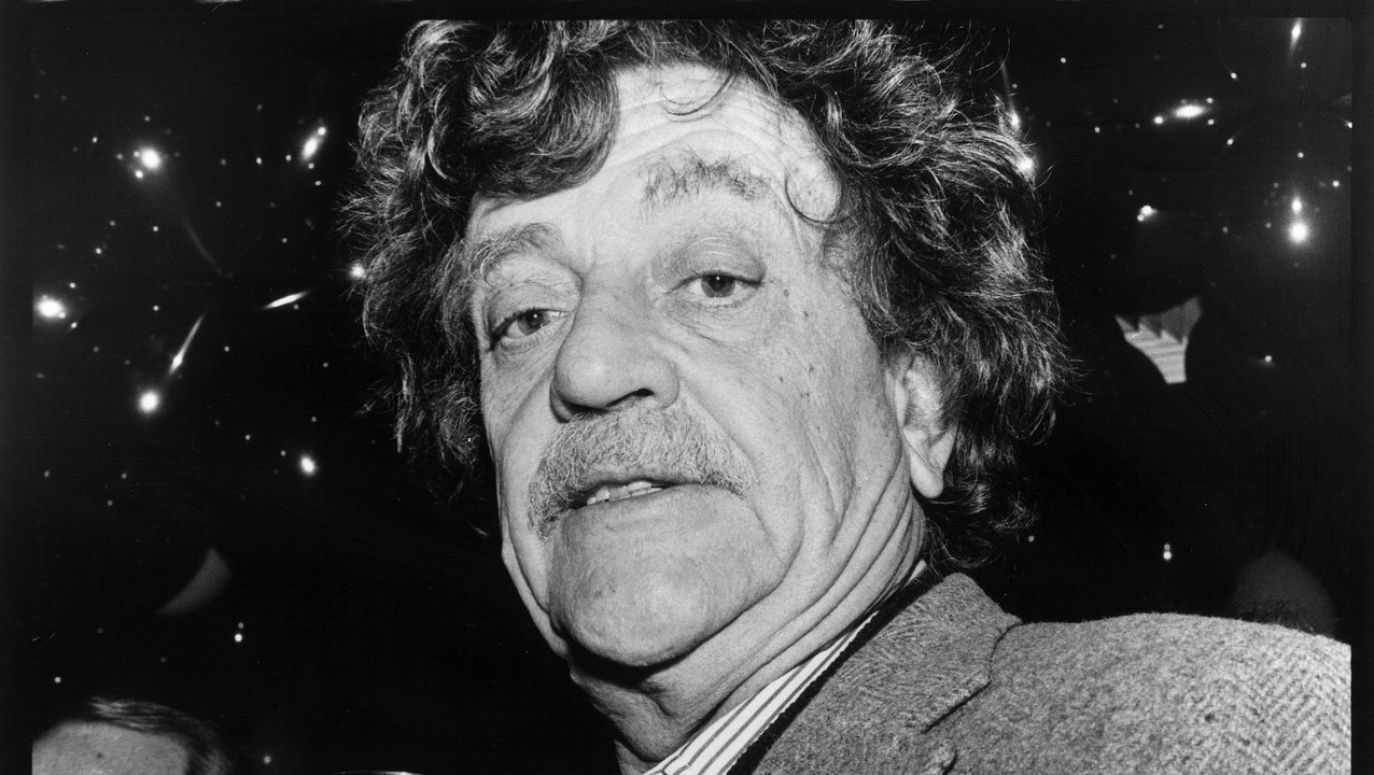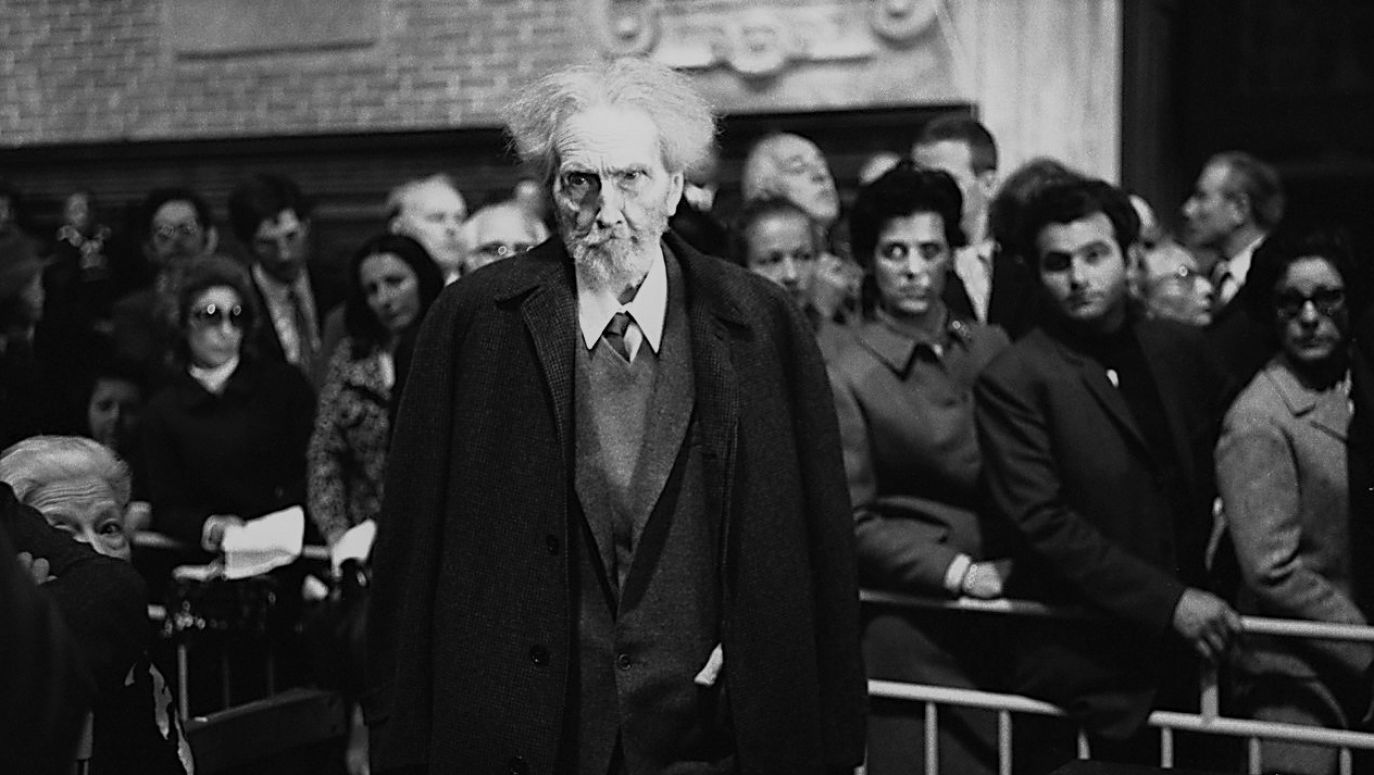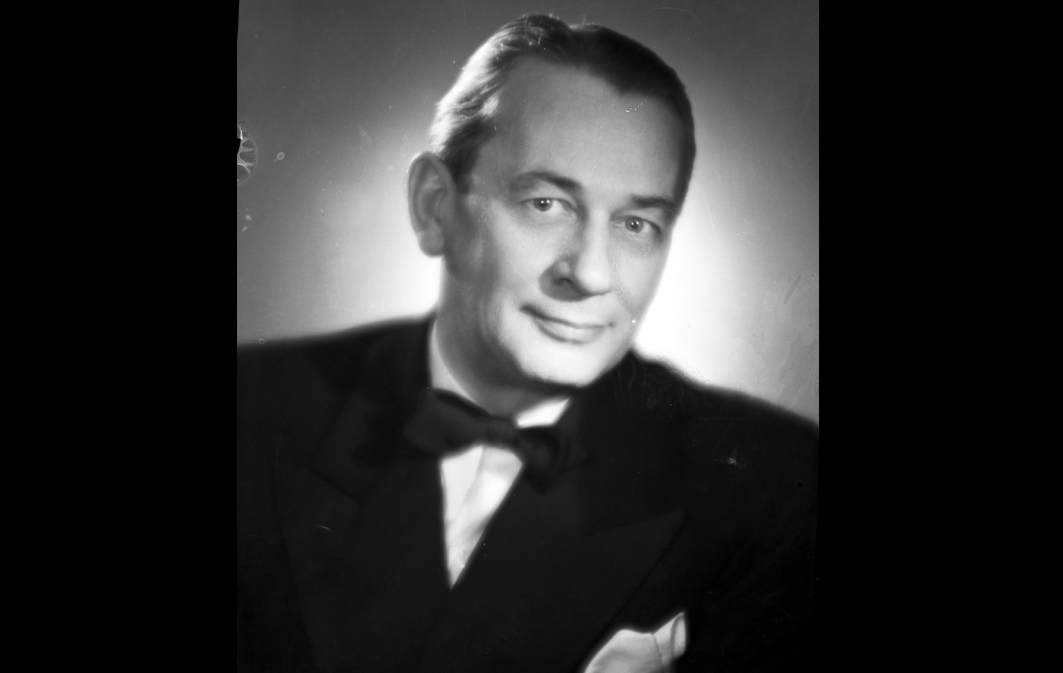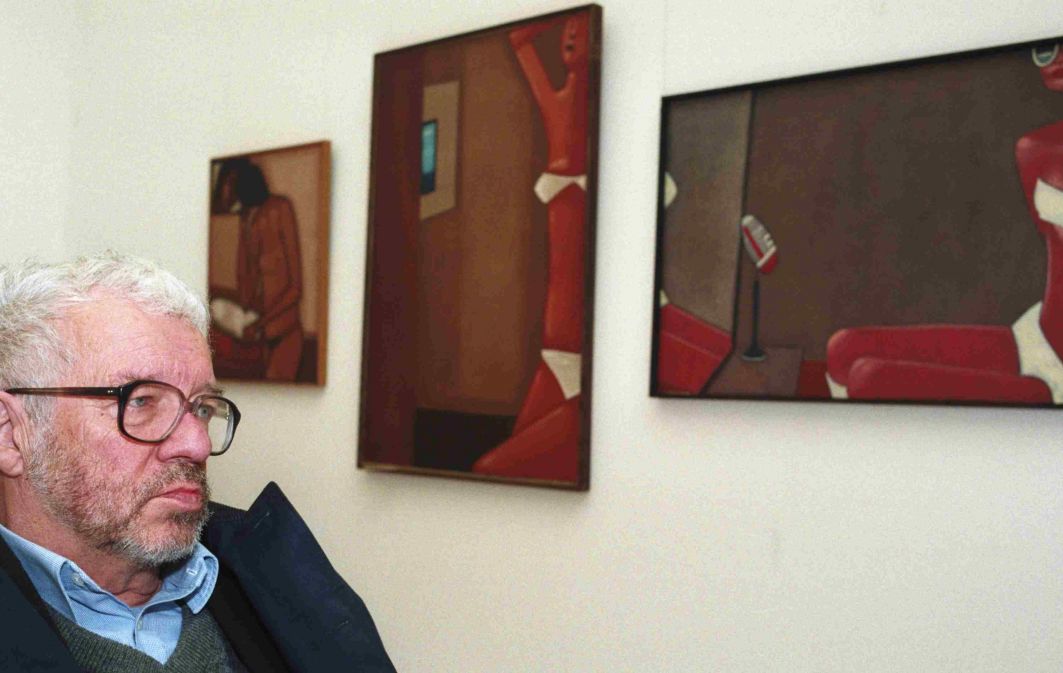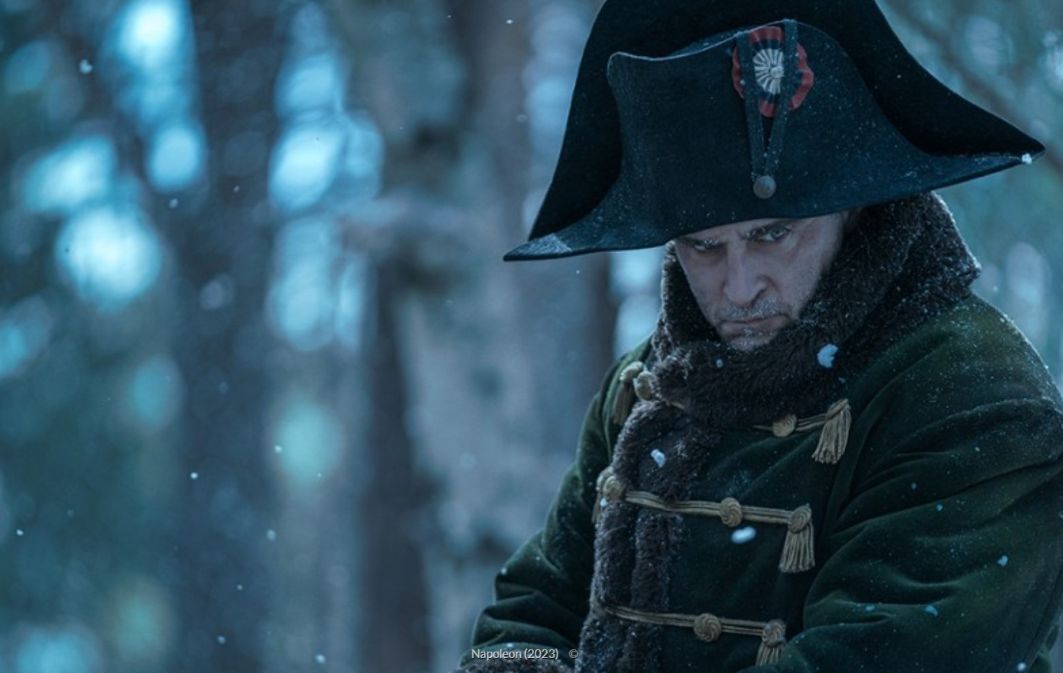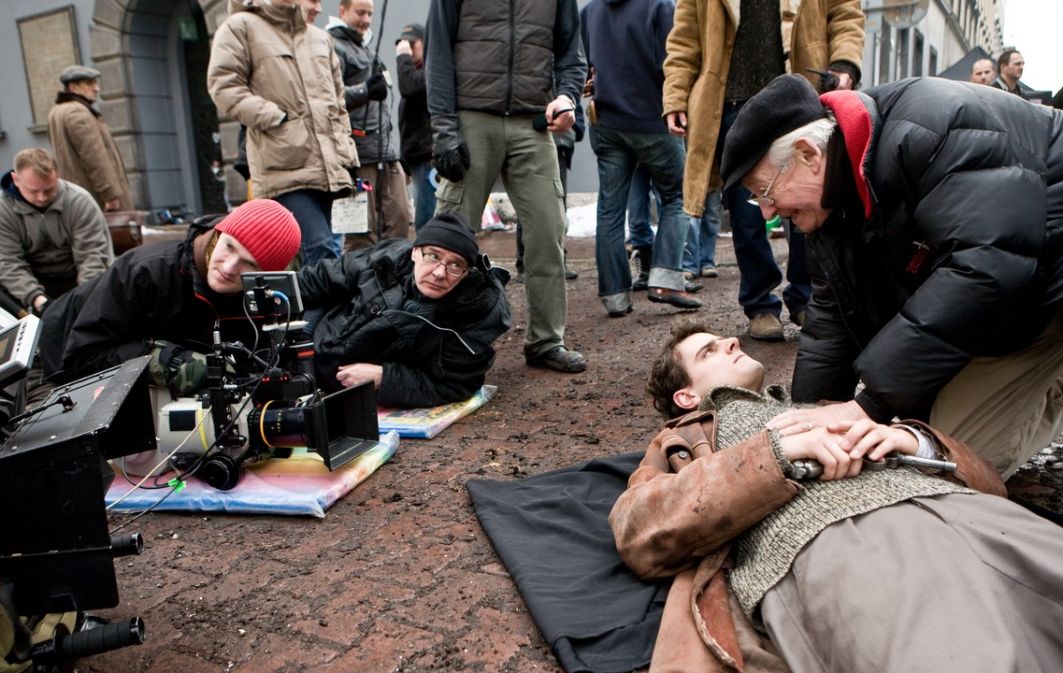We are who we pretend
16.11.2022
The author of 'Mother Night' wrote compassionately about his protagonist that he was a man "who served evil too openly and good too secretly, which was the crime of his time".
In fact, Campbell's broadcasts contained encrypted messages. "The cipher," he explained, "consisted of mannerisms, pauses, changes of accent, coughs and feigned stammers in certain key sentences. I would receive instructions from people I didn't know, telling me in which sentences of the broadcast these signals were to be found. To this day, I don't know what information was passed on through me' (the Polish version of the book is thanks to the excellent translator Lech Jęczmyk).
This extract from Campbell's confessions then reads: "I conclude from the simplicity of my instructions that I usually sent yes-no answers to questions put to the spy apparatus. Very occasionally, such as during the preparations for the Normandy invasion, I received more complicated instructions and then I had diction as if in the last stages of bilateral pneumonia."
There is no denying that the narrator of 'Mother Night' was able to report serious situations in a witty manner.
After the Second World War, Campbell was taken into American captivity. But because of his service to the US, he was secretly released after some time, although he was still guilty in the eyes of the law, as his status as an American spy had not been officially proven.
And so Campbell made his way to New York, where, in solitude and anonymity, he went through - as he described that stage of his life - 'purgatory'. Only that during this period came events that were a torment to him. For at one point Campbell became embroiled in political intrigue, the outcome of which drove him to despair. Targeted by a sense of hopelessness, he decided to turn himself in to the Israeli authorities. And he eventually ended up in prison in Jerusalem.
Was Campbell an outspoken Nazi? He put the answer to this question in the words: "We are who we pretend to be, and therefore we must be very careful who we pretend to be".
His autobiography is so amazing and passionate that it is not worth spoiling further. The thing is, however, that the man called Howard W. Cambpell jr. is a fictional character, and 'Mother Night' is simply a novel. Except that - and this is the intriguing part - there were in fact people who could pass themselves off as prototypes of its protagonist.
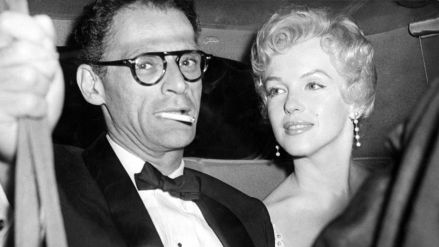
An acquaintance once joked “Your children will have the beauty of Arthur and the brains of Marilyn”.
see more
This includes Lord Haw-Haw. This was the nickname given in the British media in 1939 to a group of radio presenters agitating for the Third Reich, who hosted a broadcast from Hamburg for British listeners entitled ''Germany Calling''.
The most famous of these was the American journalist William Joyce, who lived in Britain. He was initially active in the British Union of Fascists in the 1930s. He was appreciated by its leader Oswald Mosley as an ardent speaker. But as time went on, he became increasingly radicalised, especially when it came to anti-Semitism. He quarrelled with Mosley and became leader of the marginal grouping the National Socialist League. Just before the outbreak of the Second World War, a leak reached him that the British authorities were planning to intern him. So he fled to Germany.
In 1945, he was captured by British troops near Flensburg. In the UK, he was charged with treason (although the question of his British citizenship was controversial), sentenced to death and hanged in 1946.
However, a much more famous man than Joyce and the other radio presenters hailed by the nickname Lord Haw-Haw is Ezra Pound. This eminent American modernist poet was inspired by Far Eastern literature on the one hand, and by the 'Divine Comedy' on the other (he referred to Dante Alighieri's poem in his 'Cantos' cycle).
In the 1920s, Pound settled in Italy. He supported fascism and was a proponent of Benito Mussolini's dictatorship. During the Second World War he hosted programmes in English on Italian radio, which he addressed to his compatriots overseas. He wanted to convince them that the USA was being exploited by Jews.
Pound posed as a lover of classical Mediterranean culture. He was convinced that the civilisation founded on it - founded on the work of such giants as William Shakespeare and Johann Sebastian Bach - had been attacked by barbarians who had the law but no morals. The poet had in mind the Jews, whom he blamed for Western plutocracy on the one hand and Soviet communism on the other. He claimed that Jesus Christ had been crucified because he was spoiling their 'gesheft'. Pound spared no epithets or snide language when referring to them (terms such as 'Jewry' were standard with him). Undoubtedly, anti-Semitism took on the character of an obsession in this case.
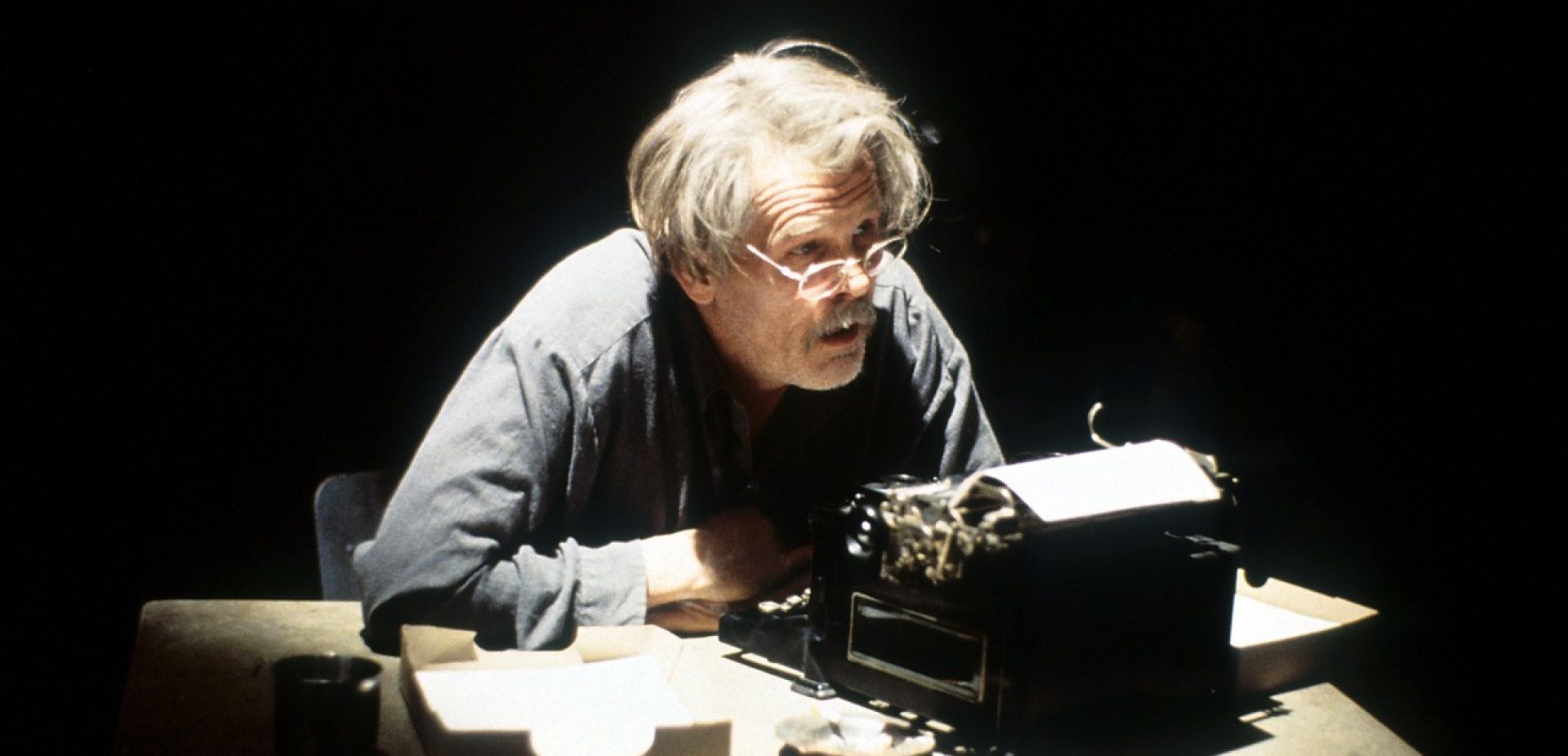
 SIGN UP TO OUR PAGE
SIGN UP TO OUR PAGE
 Campbell appeared in radio broadcasts in English in which he tried to convince Americans of Nazism. For this reason, he was declared a war criminal by the Allies. And this activity of his might have determined that he would have ended up on the gallows shortly after the defeat of the Third Reich, had it not been for the fact that... at the same time he was spying for the USA. And he had already been recruited in 1938.
Campbell appeared in radio broadcasts in English in which he tried to convince Americans of Nazism. For this reason, he was declared a war criminal by the Allies. And this activity of his might have determined that he would have ended up on the gallows shortly after the defeat of the Third Reich, had it not been for the fact that... at the same time he was spying for the USA. And he had already been recruited in 1938.